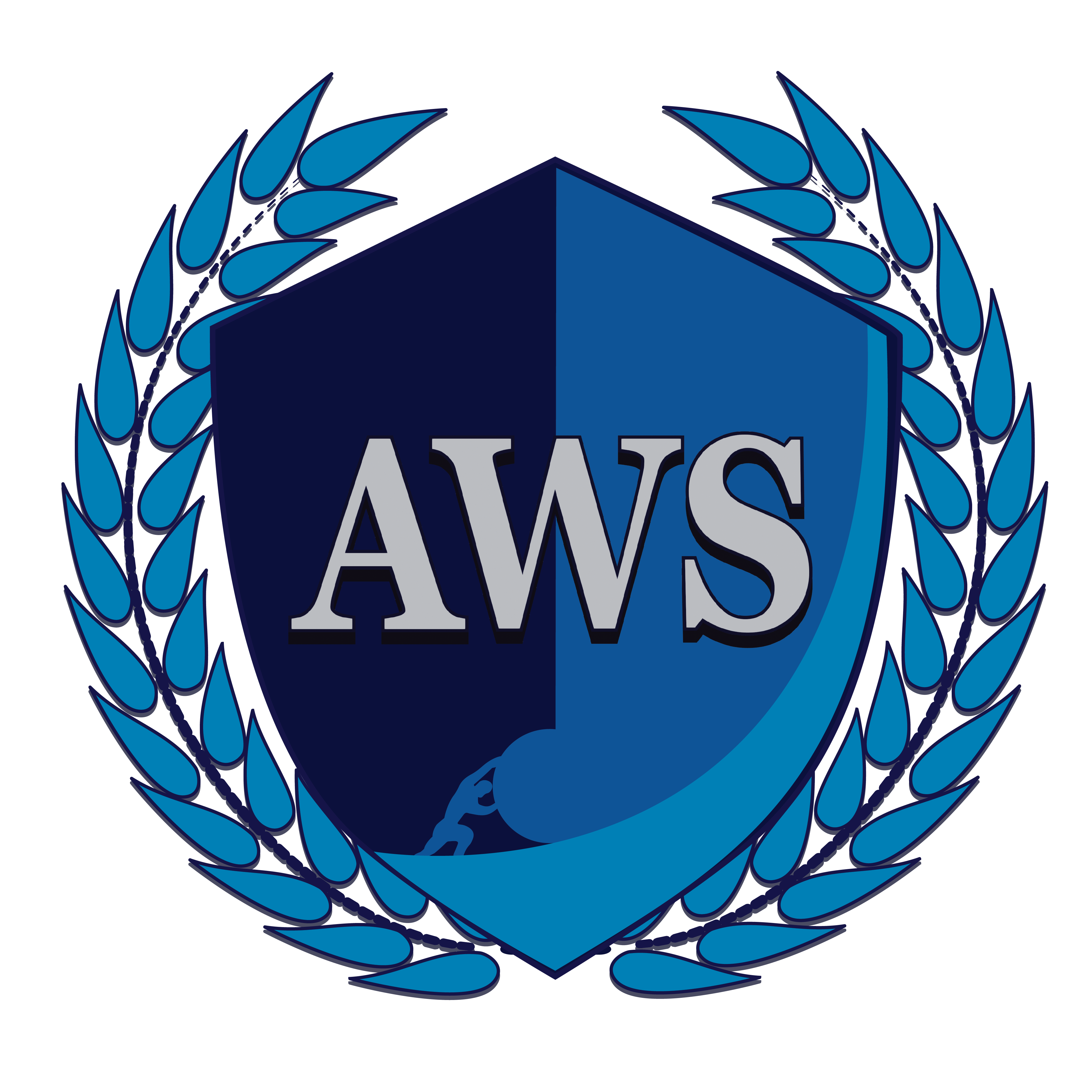The natural or developed drive to recognize, pursue, and explore novel, uncertain, complex, and ambiguous situations and experiences. The underlying motivation to know more about things, people, and issues in order to see what happens, to find out how one will react, as well as discovering how others react.
Facets of Intellectual Curiosity:
- Inquisitiveness
- Deprivation Sensitivity
- Exploration
- Acceptance
- Social Interest
Course Descriptions
IC Core
| IC 100 How We Come to Believe The process by which people fix their belief about events and the world around them is a complex coming together of cognitive, emotional, motivational, and situational factors that frame the way we perceive and think. In turn, these beliefs serve as the filter through which we continue to adjust and reinforce the interpretations we make about our environment. Participants learn how work and other performance contexts interact with personal attributes to give rise to the beliefs, perspectives, values, and personal philosophies that significantly impact just about all work and career outcomes. |
| IC 110 Critical Thinking for Business Participants learn effective techniques in assessing business-related threats and opportunities, developing rational arguments, and garnering organizational support for recommended courses of action. |
| IC 120 Eliciting Ideas and Opinions from Others Participants learn how to apply active listening techniques to engage others in |
| IC 130 Thinking Divergently |
IC Specialty Areas
| IC 201 Using Analytics to Understand the World of Work |
| IC 211 The Role of Science in Business |
| IC 221 Thinking Globally With a focus on increasing diversity of experience, perspective, and thought in organizations; participants learn how to integrate values, beliefs, and points-of-view from different cultures. Participants learn to recognize situations in which demands from both global and local factors impact organizational performance, and combine an openness to and awareness of diversity across cultures and markets with a willingness and ability to synthesize across this diversity. This course is especially useful for those who are, or plan to be, working in global organizations. |
| IC 241 Enhancing Creativity Through Paradox Mindset In this course, participants learn to leverage apparent contradictions in order to break down assumptions, spot hidden connections between diverse ideas, and discover new ways to look at business problems and opportunities. Participants learn to use contradictions and to re-frame everyday work paradoxes such as dual performance requirements (e.g., minimizing costs while maximizing innovation) and resource scarcity (i.e., having to perform at high levels under limited time or financial resources) to fuel creative and divergent thinking. |
IC for Leadership
| Identifying and Avoiding the Pitfalls of Decision Biases Participants learn how to identify the potential for, and mitigate the impact of, the decision traps that are likely to lead to negative outcomes for the organization. Leveraging the latest findings from the world of behavioral economics, |
| Evidence-Based Management |
| IC 421 Increasing Diversity of Thinking in Organizations |
| IC 441 Fostering Innovative climate In this course participants learn how to create and reinforce work environments supportive of risk-taking and innovation. Participants will learn how to foster the psychological safety needed for team members to challenge conventional thinking, question existing practices, and offer the creative solutions needed for an organization to stay competitive in rapidly changing business environments. |
